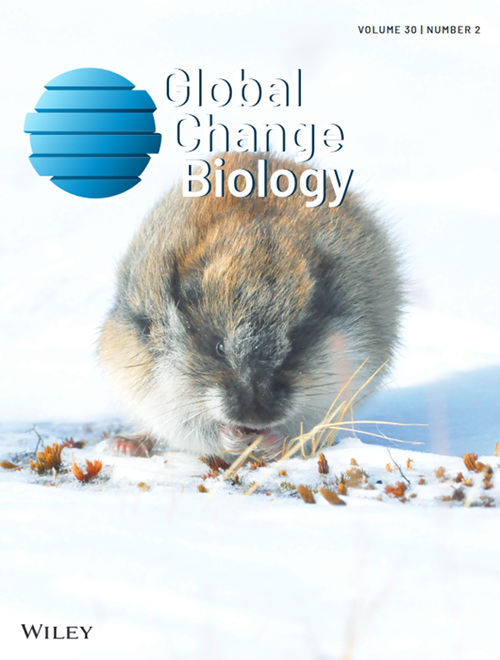Climate Change, Fisheries Management, and Increases in Demersal Fish Distribution in a Southern Ocean Biodiversity Hotspot
Abstract
The world's oceans and their biodiversity are undergoing change driven by climate change and anthropogenic impacts such as fishing. The Kerguelen Plateau is a biodiversity hotspot with many endemic fish species; furthermore, the region has economic importance in supporting valuable fisheries. This region is also a climate change hotspot with known notable changes in the location of the polar front, ocean currents, and primary productivity. In this study, we use data from long-term scientific trawl surveys and contemporary joint species distribution models to understand how the demersal fish assemblage of the Kerguelen Plateau has changed through time and space. The modelling indicates that most demersal species have had notable changes in their occurrence and CPUE from 2003 to 2016. This included a significant increase in species richness throughout the study period. The modelling also provides novel insights into the depth, climatic, and environmental preferences for all species, including many species that were previously data-limited. It is unclear whether these changes reflect shifts in the fishery management or the effects of climate change, but most likely a combination of all. We also found evidence of several species' distributions responding to temperature variability, with species being exposed to the ongoing impacts of climate change. These findings will be used by managers and policy makers to inform climate change risk assessments, supporting future-decision making to ensure the continuation of sustainable fisheries and the protection of biodiversity.


 求助内容:
求助内容: 应助结果提醒方式:
应助结果提醒方式:


